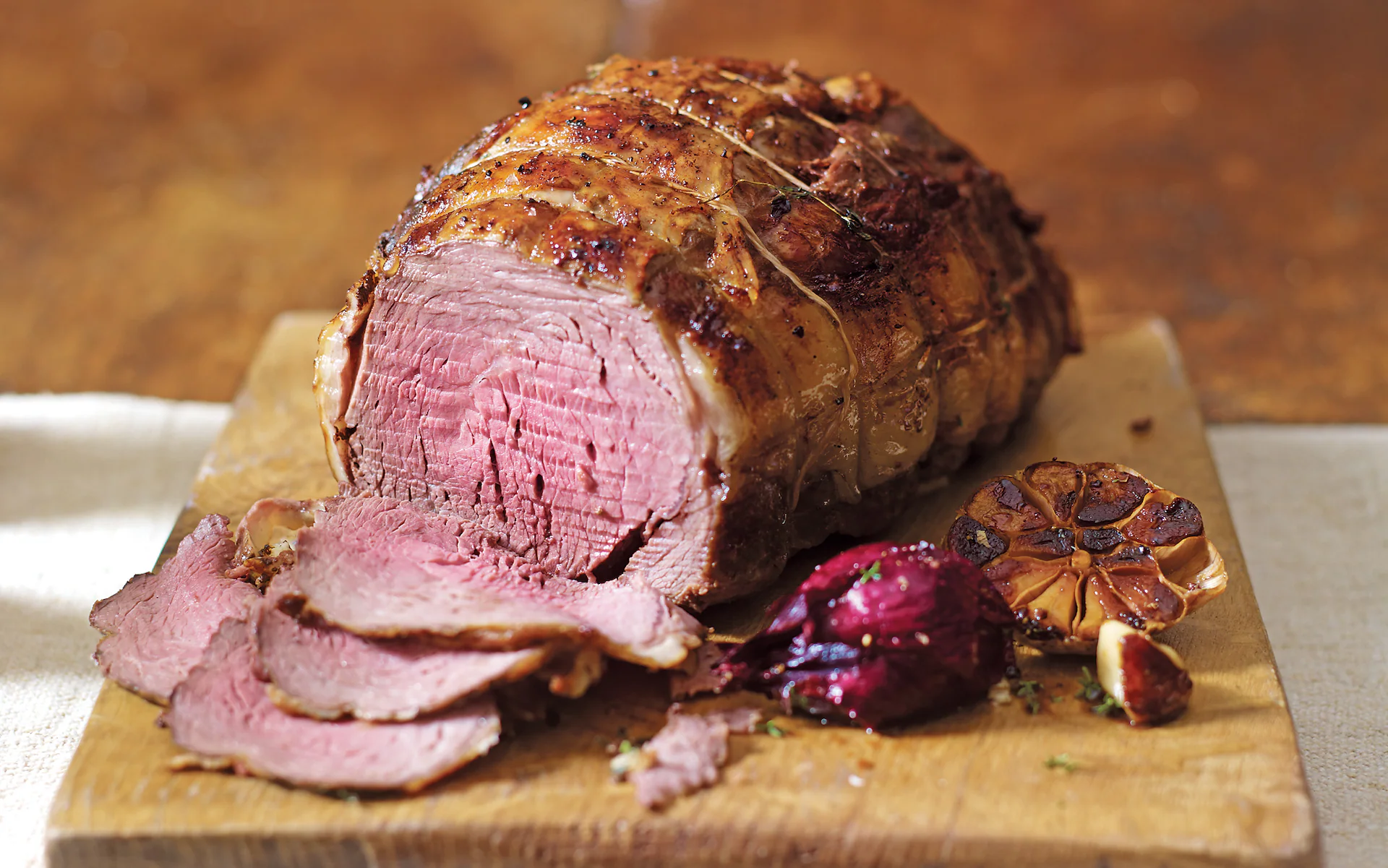Table of Contents
Introduction
Silverside, a lean and flavorful cut of beef from the cow’s hindquarter, is a favorite in traditional British, Australian, and Irish cuisines. Whether served hot in a roast dinner or cold in sandwiches, it remains a versatile and nutritious choice.
However, due to its low fat content, it requires proper preparation to avoid toughness. In this guide, you’ll learn how to prepare silverside perfectly from selecting the right cut to serving it with flair.
What Is Silverside and Why It Matters
Understanding the Silverside Cut
Silverside is a boneless cut of beef taken from the outside of the rear leg. It is called “silverside” due to the silver membrane (connective tissue) on its surface. Often sold brined (as corned beef), it’s suitable for slow cooking, boiling, or roasting.
Health and Nutritional Benefits
Silverside is high in protein, iron, and vitamin B12, while being relatively low in fat. This makes it ideal for those looking to maintain muscle mass and support energy levels through lean meats.
Choosing the Best Cut of Silverside
What to Look for at the Butcher
- Uniform shape for even cooking
- Lean meat with light marbling to retain some juiciness
- Fresh or corned options based on your preferred preparation method
Types of Silverside Cuts
- Fresh Silverside: Ideal for roasting or marinating
- Corned Silverside: Pre-brined for boiling or slow cooking
- Rolled Silverside: Tied for uniform roasting
Tools and Ingredients Needed
Essential Kitchen Tools
- Sharp knife
- Cutting board
- Dutch oven, stock pot, or slow cooker
- Roasting pan (for oven method)
- Meat thermometer
- Tongs or carving fork
Recommended Ingredients
For a traditional preparation:
- 1.5–2 kg piece of silverside
- 1 onion (quartered)
- 2 carrots (chopped)
- 2 celery stalks
- Peppercorns, bay leaves, mustard seeds
- Vinegar or malt beer (optional, for flavor)
- Water or beef stock
Step-by-Step Instructions on How to Prepare Silverside
Step 1: Trim and Rinse
- Remove excess fat or sinew.
- Rinse corned silverside under cold water to eliminate excess salt.
Step 2: Optional Marinating (for Fresh Cuts)
Marinate with olive oil, vinegar, garlic, herbs, and spices for several hours or overnight for extra tenderness and flavor.
Step 3: Assemble the Cooking Setup
- Boiling or slow cooking: Place silverside in a pot or cooker with vegetables and spices.
- Roasting: Place silverside in a roasting tray with a bit of broth and root vegetables.
Step 4: Cooking Time and Temperature
- Boiling/slow-cooking: Simmer for 2.5–3.5 hours until internal temp reaches 90°C (194°F).
- Roasting: 25 minutes per 500g at 160°C (320°F), checking temperature with a meat thermometer.
Step 5: Rest and Slice
Allow the meat to rest for 10–15 minutes after cooking. Slice against the grain for tenderness.
Cooking Techniques for Silverside
Method 1: Boiling (Perfect for Corned Silverside)
Simmer with aromatics in water or stock.
- Pros: Moist, tender result
- Cons: Takes time, can be bland if under-seasoned
Method 2: Slow Cooking
Add all ingredients and let it cook unattended for hours.
- Pros: Convenient, ideal for busy schedules
- Cons: Requires planning ahead
Method 3: Roasting (Ideal for Fresh Silverside)
Dry-roasting in the oven for a flavorful crust and juicy center.
- Pros: Great texture and flavor
- Cons: Higher chance of drying out
How to Serve Silverside
Best Side Dishes to Pair
- Boiled or mashed potatoes
- Steamed or buttered carrots
- Roasted root vegetables
- Mustard or parsley sauce
Presentation Tips
- Slice evenly and against the grain
- Add a spoon of cooking liquid or sauce
- Garnish with herbs for visual appeal
Common Mistakes to Avoid
Overcooking
Overcooked silverside becomes stringy. Always use a thermometer to monitor doneness.
Skipping the Rinse
Corned silverside should be rinsed before cooking to avoid excessive saltiness.
Not Letting It Rest
Resting the meat after cooking allows juices to redistribute, making it juicier and more flavorful.
Slicing the Wrong Way
Always slice against the grain to ensure tenderness.
Conclusion
Learning how to prepare silverside empowers you to turn a traditionally tough cut into a tender, flavorful main dish. Whether you choose to boil, roast, or slow-cook it, silverside offers satisfying results when treated with care and patience.
Now that you’re equipped with expert tips and step-by-step instructions, it’s time to bring silverside into your kitchen repertoire served warm with vegetables or sliced cold in a sandwich, it’s a timeless favorite worth mastering.







